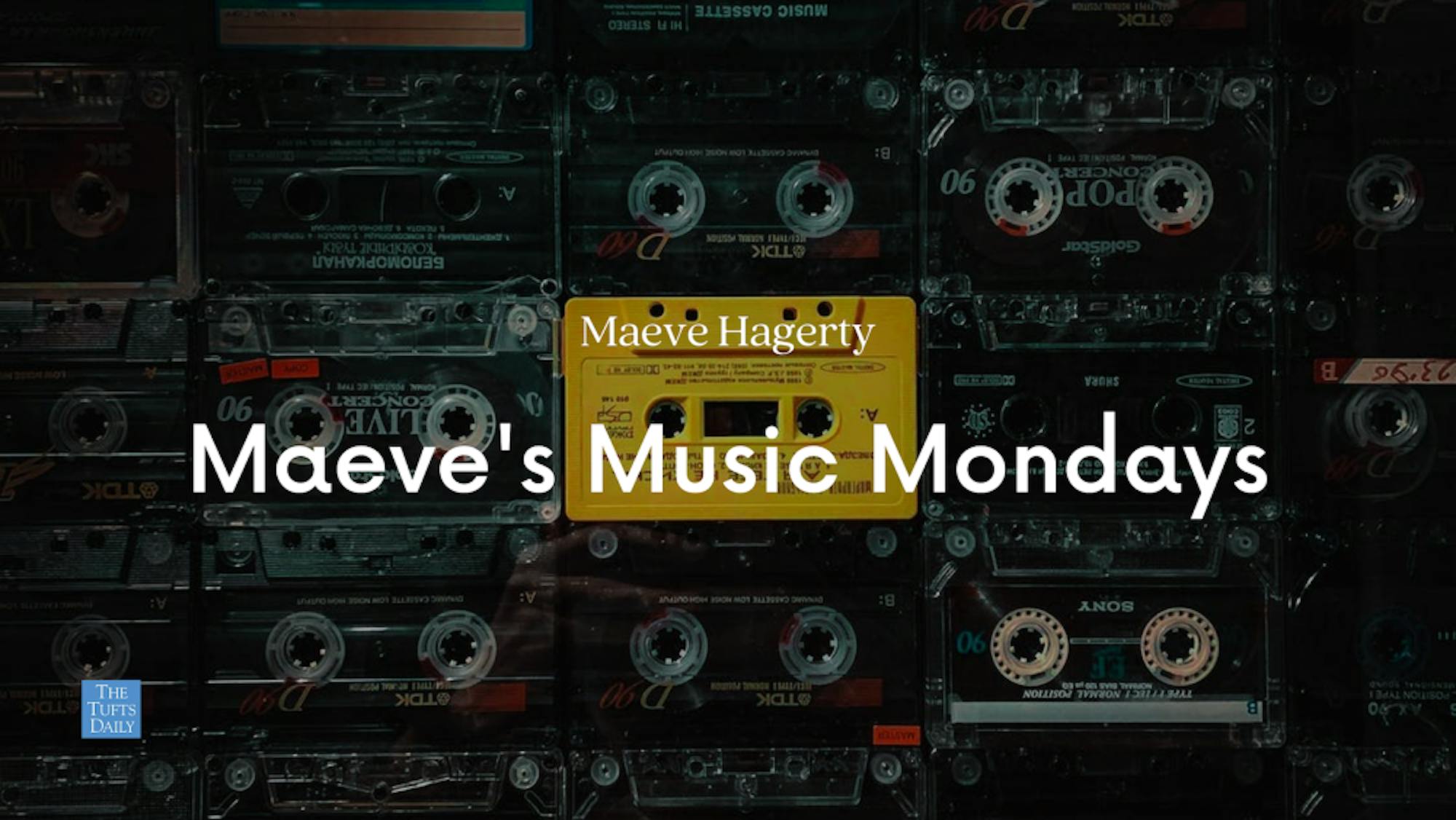This week we have a genre that is relatively new to me. My first exposure to the Nigerian Afrobeats style was through one of its biggest stars: WizKid. When Drake's “One Dance” (2016) became a hit, I was not impressed enough by WizKid’s collaboration to look into his music. It was therefore my second introduction to Nigerian Afrobeats that made me more curious. The song “COMO UN BEBÉ” (2019) by J Balvin and Bad Bunny, featuring Mr Eazi — another prominent Nigerian Afrobeats artist— caught my attention. The unique style of Mr Eazi's rhythm, which I would later come to realize was a staple of the Afrobeats genre, was perfect for dancing overenthusiastically around my room.
But what is the Afrobeats genre, specifically to Nigeria? As an extension of the earlier Afrobeat style (yes, the presence of the “s” is a distinction), it features lots of the same influences of jazz, funk, highlife and traditional Nigerian Fuji music. However, it has also drawn from more current pop music and techno, reaching a larger dance club audience and rising in popularity.
Since most of the Nigerian Afrobeats singers speak a mix of Yoruba and English in their songs, I find that they’re feel-good songs for homework (since my brain struggles to work and process English lyrics), but also great dancing music. There are some English lyrics that can be sung at full volume, but there are also verses that are perfect for humming while reading about the history of World War II for us non-Yoruba speakers. It’s a beautiful inbetween, at least in my opinion.
And as I began to learn more about the music style, I began to explore more artists. Tiwa Savage has impressed me as one of the strongest influences in the genre, and the versatility of her voice is truly legendary. From the R&B and pop vibes in songs like “Wanted” (2013) to the relaxation of “Celia’s Song” (2020), she truly has a song for every mood. Her most recent album "Celia" (2020) is my favorite so far. She has also been open in describing the sexism she experienced while she tried to get signed to a record label and has acted as a voice ofempowerment, not only for girls across Nigeria, but for girls across the world. In her song “49-99” (2019), shereferences a term used by previous Afrobeat pioneer Fela Kuti in his song “Shuffering and Shmiling” (1978), in which he criticized the systems of Nigerian government that led to poverty. This song is probably my favorite by her, and itsmusic video is equally impressive.
Beyond Savage,one of my favorite rising Nigerian Afrobeats stars is Crayon. His serenading voice pairs perfectly with the warbling guitar lines and cross-genre influencesthat characterize his music. Though he has only a single extended play and a few singles produced, I have yet to find a song of his that I have not enjoyed. “Sometime” (2020) is my favorite of his songs, but the Caribbean style of “Aye O” (2019) is one that I really enjoy.
So, until next week, happy listening!






